
The regular online Government meeting in July with provinces and centrally run cities held on August 7 was chaired by Prime Minister Pham Minh Chinh - Photo: VGP/Nhat Bac
High credit growth but still tightly controlled risks
At the regular online Government meeting in July with provinces and centrally run cities held on August 7, chaired by Prime Minister Pham Minh Chinh, Ms. Nguyen Thi Hong, Governor of the State Bank of Vietnam, said: Credit in the whole system in the first 7 months of the year increased by about 10% compared to the end of 2024 - a fairly high increase compared to 6% in the same period last year.
Concerned that credit is flowing strongly into real estate and securities, Governor Nguyen Thi Hong analyzed: The credit growth rate in these two sectors is indeed higher than the average, but that is consistent with the direction of removing difficulties for the real estate market. When the project is cleared of legal obstacles, the need for capital for implementation is inevitable.
In the securities sector, although the growth rate is high, the proportion only accounts for 1.5% of total outstanding loans, not causing systemic risks. In particular, the State Bank affirmed that it always closely monitors safety indicators. The ratio of short-term capital used for medium- and long-term loans is still below the threshold of 30%. At the same time, it continuously directs credit institutions to balance capital according to maturity, ensuring system safety.
SBV maintains macroeconomic stability in a volatile world context
The Governor frankly pointed out the pressures and challenges from both outside and inside the country that are affecting monetary policy management in 2025.
On the international front, major financial institutions have repeatedly warned of a weakening global growth outlook. Although global inflation has cooled somewhat, the risk of a rebound remains, especially as US tariff policies have changed rapidly. The global economy and trade have declined markedly, negatively affecting export activities – one of the main drivers of Vietnam’s economic growth.
At the same time, the unpredictable developments in the international financial and monetary markets, the increase in USD interest rates and the corresponding tax policies of the US have put increasing pressure on monetary policy management. These are factors that not only have psychological impacts but also have a profound impact on the economic foundation.
Although the international situation puts pressure on the exchange rate, Governor Nguyen Thi Hong said that the lending interest rate level continues to decrease by about 0.4%/year compared to the end of 2024, showing flexible management efforts, supporting the reduction of financial costs for the economy.
However, the exchange rate is under considerable pressure, due to the dual impact of economic factors and market psychology. To date, the VND/USD exchange rate has increased by 2.9% compared to the end of 2024. In that context, the Governor said that if the pressure continues to increase sharply, the State Bank will consider not further reducing interest rates to avoid affecting exchange rate stability - thereby causing macroeconomic instability.
"We will closely monitor developments and set appropriate priorities for each stage, aiming towards the common goal of macroeconomic stability and supporting sustainable economic growth," Governor Nguyen Thi Hong affirmed.
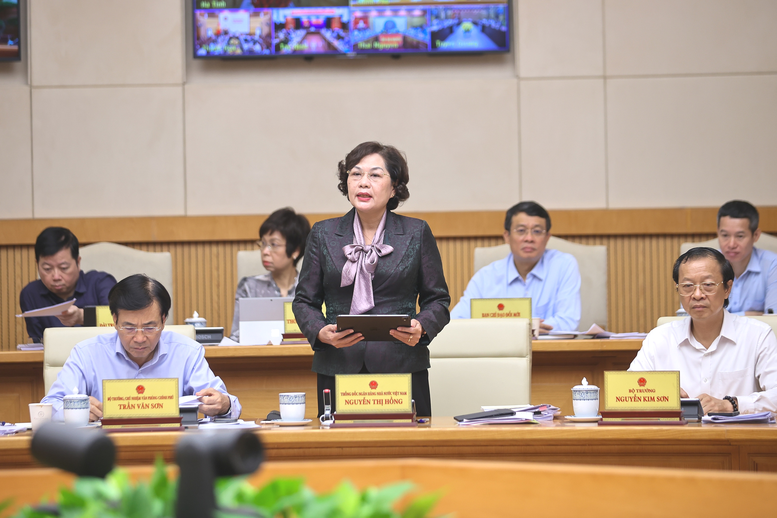
Governor of the State Bank of Vietnam Nguyen Thi Hong speaks - Photo: VGP/Nhat Bac
Only when capital is mobilized through the right channels and with the right nature can growth be high and sustainable.
In the domestic market, the Vietnamese economy continues to record high growth compared to the region and the world. According to the Governor, average inflation is being controlled at 3.6% - still within the target range set by the National Assembly from 4.5% to 5%.
However, the Governor noted: Inflationary pressure is on the rise. Factors such as adjustments to electricity prices, healthcare service prices, housing rents, etc. are creating pressure on input costs and pushing core inflation up continuously in recent months. Core inflation - which reflects the long-term impact of monetary policy - is an important indicator that the executive agency cannot be subjective about.
"Inflation appears very quickly, but it is very difficult to control and reduce it. This is the reason why it is necessary to operate policies proactively, closely following developments and cautiously," the head of the banking industry emphasized.
The Governor affirmed: In the first 7 months of 2025, the State Bank of Vietnam has actively and flexibly operated monetary policy, closely following actual developments. Monetary regulation measures have been implemented to simultaneously support growth and control inflation.
Monetary indicators also recorded clear growth. Total means of payment increased by 7.5% compared to the end of 2024 - nearly double the increase in the same period last year. According to the Governor's explanation, this high increase is largely due to the SBV's implementation of projects to restructure the banking system, especially special loans to serve the transfer of banks subject to compulsory purchase.
In addition, the SBV's use of open market instruments to inject short-term money is applied to support liquidity for the credit institution system, helping to expand credit while maintaining stable interest rates. This is especially important in the context of the Government's request to stabilize interest rates to support production and business, even though credit is increasing.
In the long term, the Governor emphasized the need for synchronous solutions to support more effective monetary policy. Of these, two proposals are considered key.
Firstly, it is necessary to strongly develop the capital market to meet the demand for medium and long-term capital, thereby reducing pressure on short-term capital sources of the banking system. This is the direction agreed by the Government in the latest dispatch.
Second, it is necessary to expand the credit guarantee program for small and medium-sized enterprises. If these enterprises are supported to borrow capital through the guarantee mechanism, it will create a strong production motivation from all sectors of the economy.
In addition, for sectors such as real estate and infrastructure - which require large medium and long-term capital - capital should be mobilized through the issuance of corporate bonds, local bonds, or international loans.
"Only by mobilizing capital through the right channels and with the right nature can we achieve both high growth and sustainable stability," said Governor Nguyen Thi Hong.
Mr. Minh
Source: https://baochinhphu.vn/trust-in-real-estate-securities-nhnn-khang-dinh-luon-theo-doi-sat-chi-so-an-toan-102250807143232407.htm















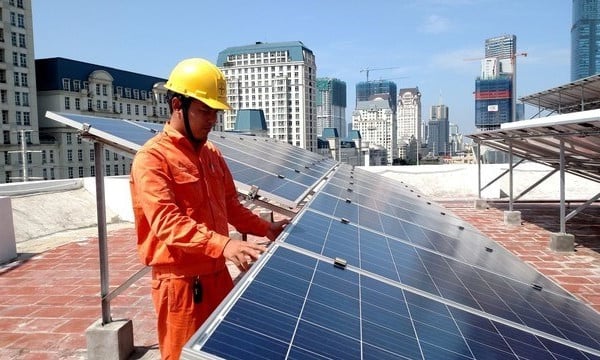

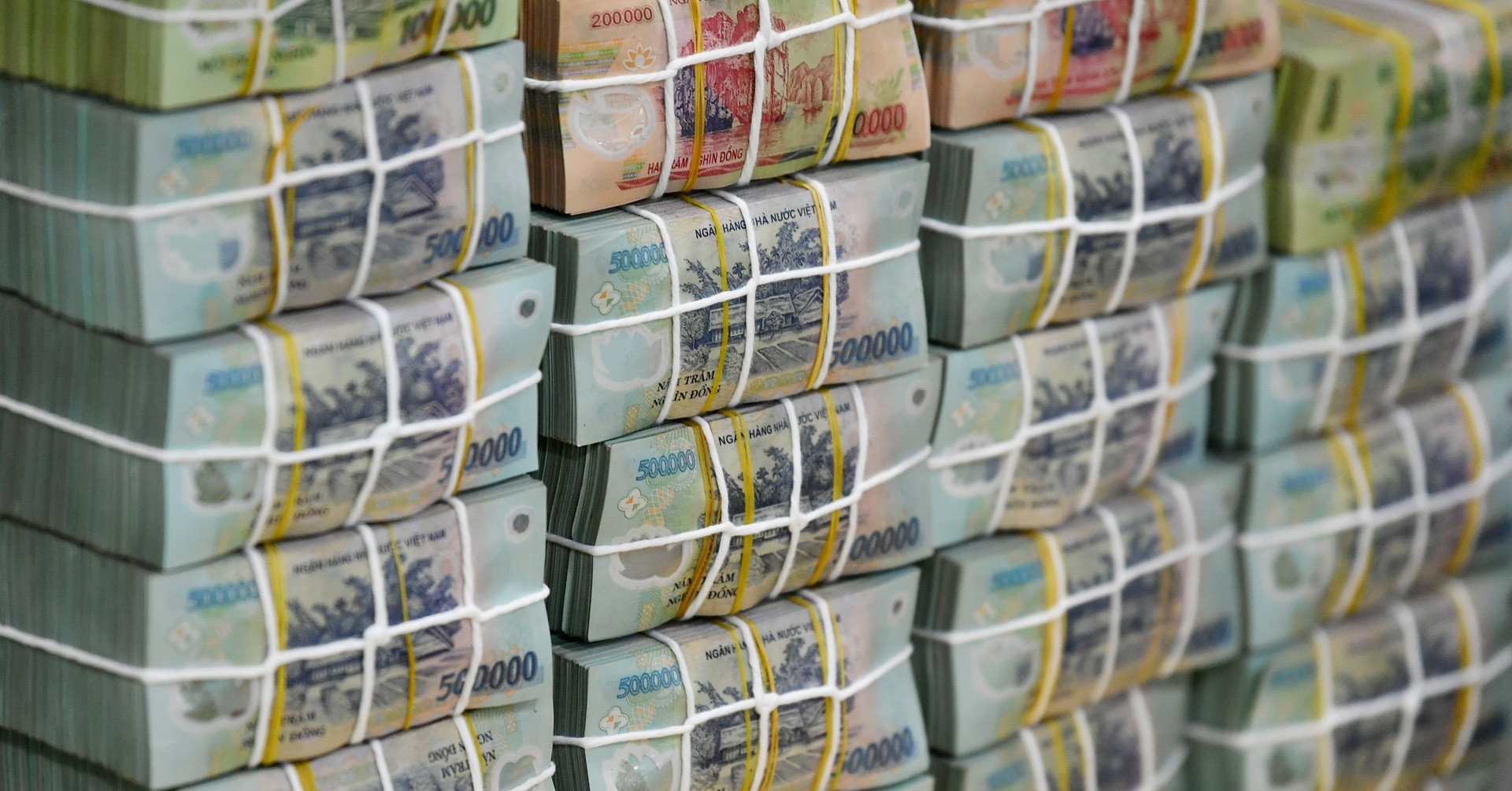



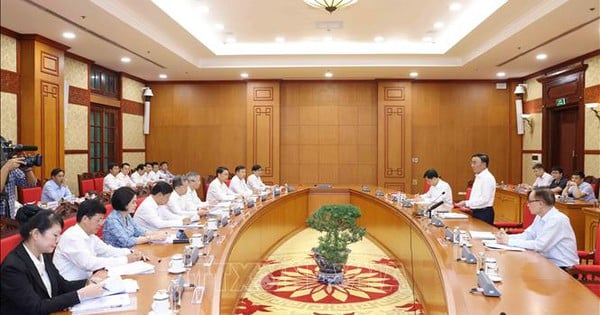









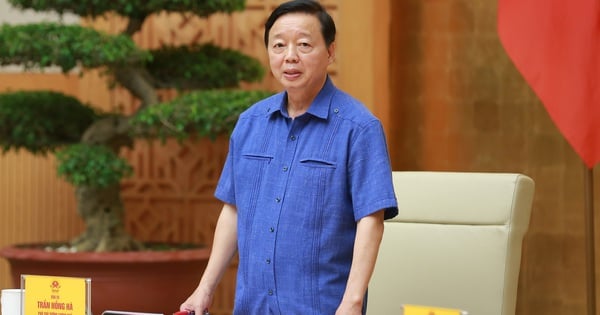



![[Photo] President Luong Cuong attends special political-artistic television show "Golden Opportunity"](https://vstatic.vietnam.vn/vietnam/resource/IMAGE/2025/8/22/44ca13c28fa7476796f9aa3618ff74c4)



































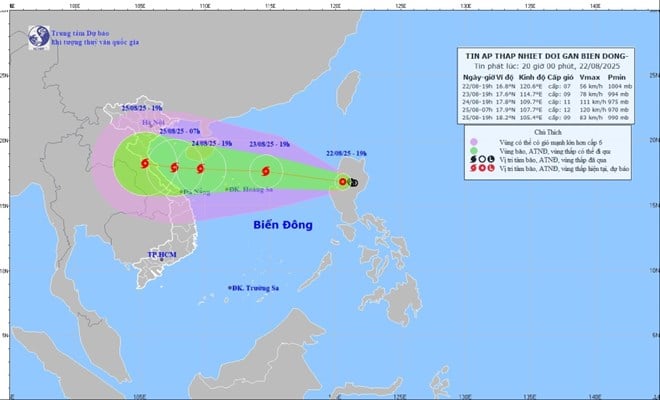

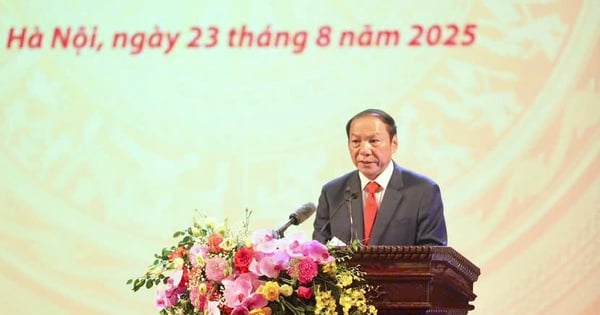

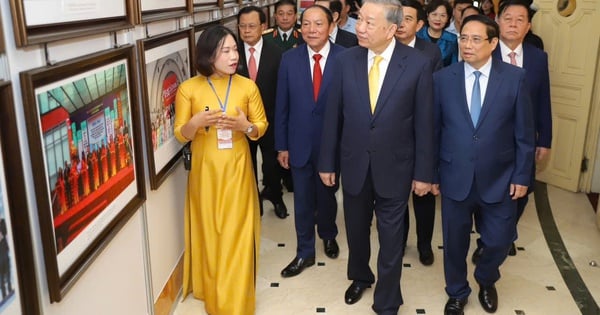




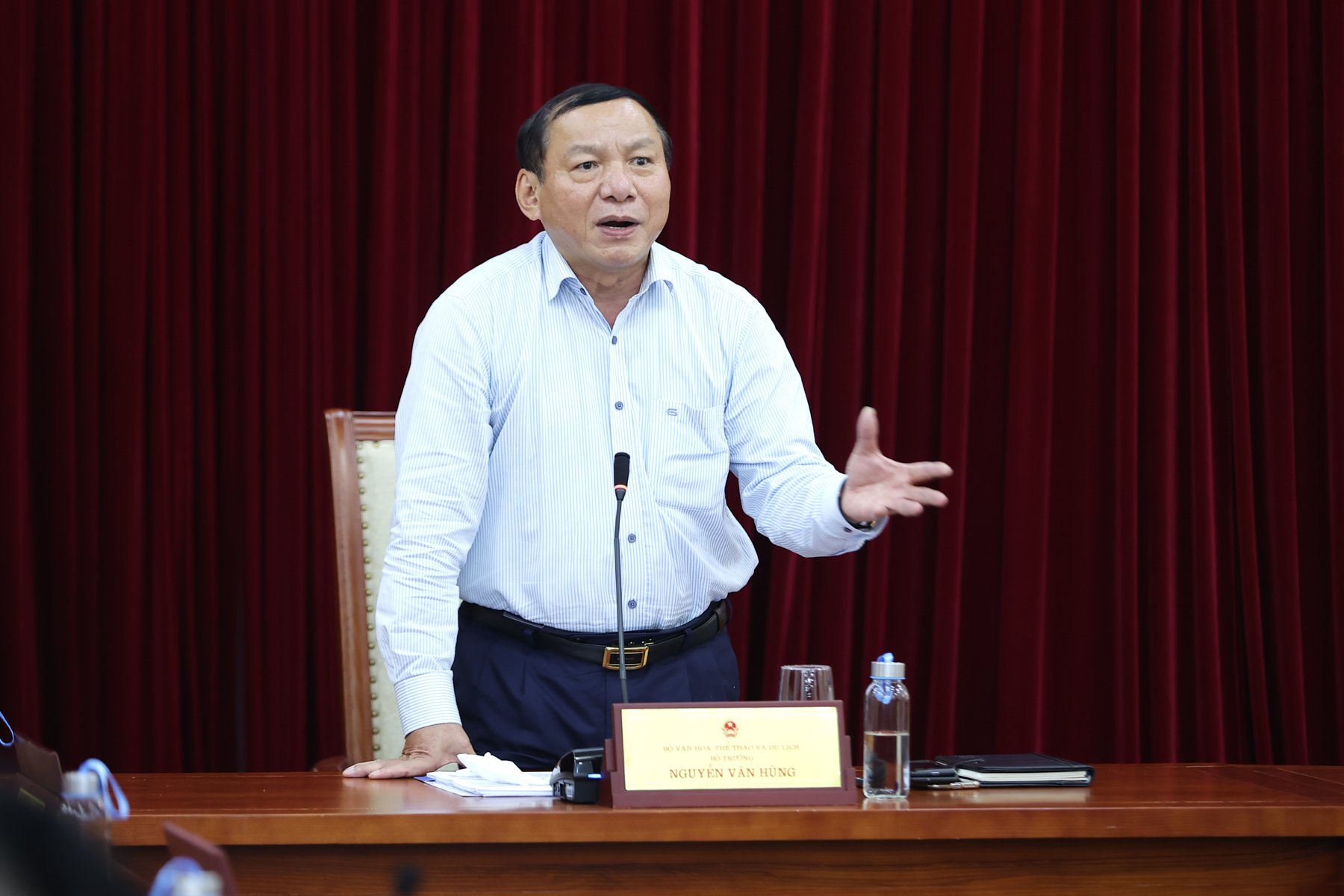






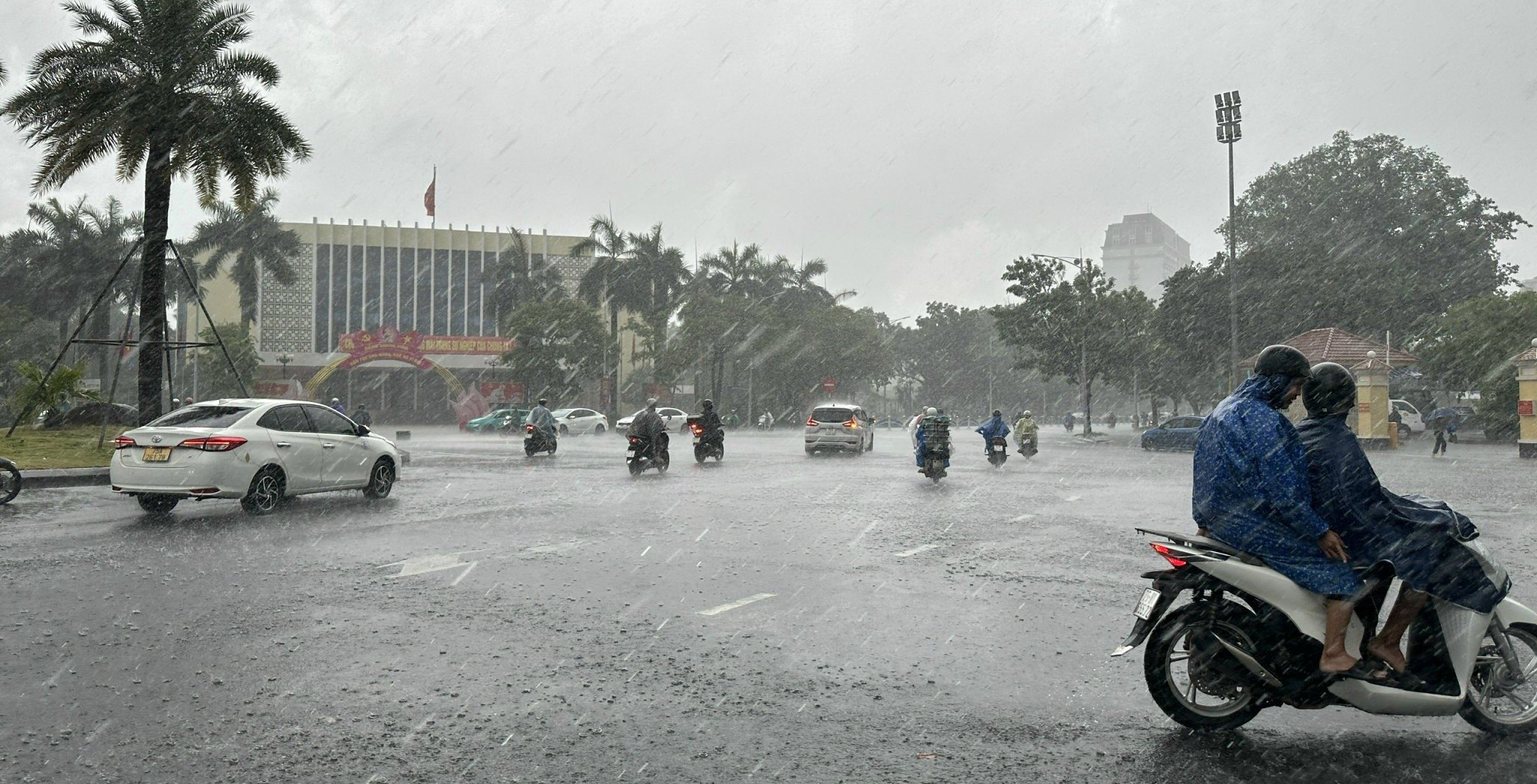



















Comment (0)